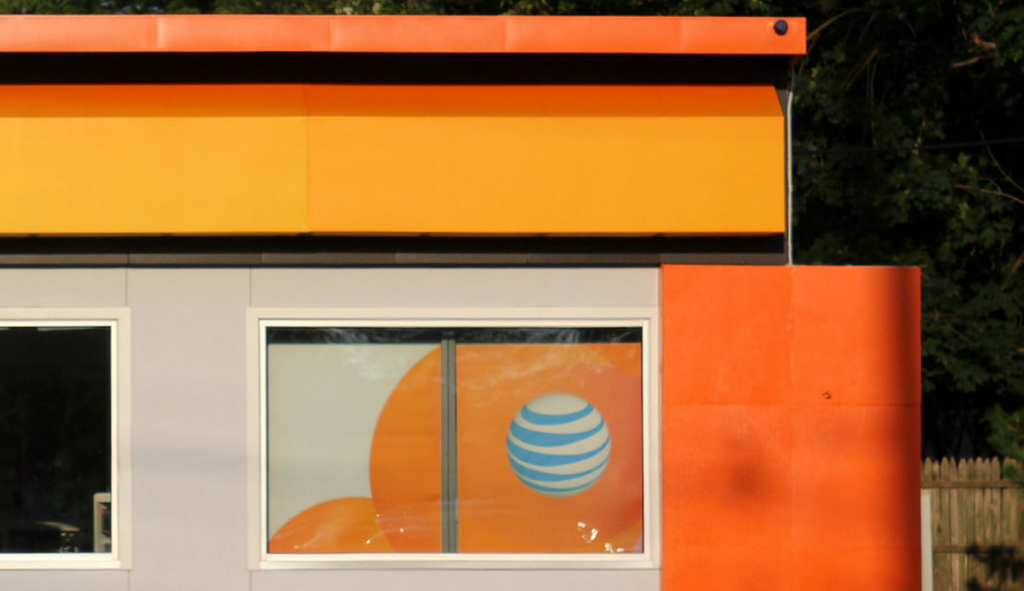AT&T Calls Throttling Lawsuit “Baseless… Baffling”

(Steve)
“The FTC’s allegations are baseless and have nothing to do with the substance of our network management program,” reads a statement from Wayne Watts, Senior Executive Vice President and General Counsel, AT&T. “It’s baffling as to why the FTC would choose to take this action against a company that, like all major wireless providers, manages its network resources to provide the best possible service to all customers, and does it in a way that is fully transparent and consistent with the law and our contracts.”
With regards to the FTC’s allegation that AT&T misled consumers by not disclosing the throttling, Watts explains that “We have been completely transparent with customers since the very beginning. We informed all unlimited data-plan customers via bill notices and anational press release that resulted in nearly 2,000 news stories, well before the program was implemented. In addition, this program has affected only about 3% of our customers, and before any customer is affected, they are also notified by text message.”
The AT&T terms of service at the time did give the company the right to “limit throughput or amount of data transferred, deny Service and/or terminate Service, without notice to anyone it believes is using the Service in any manner prohibited… or whose usage adversely impacts its wireless network or service levels or hinders access to its wireless network and protect its wireless network from harm, which may limit legitimate data flows.”
However, the FTC complaint — and recent statements by FCC Chair Tom Wheeler — call into question the claim that throttling has anything to do with the permissible practice of reasonable network management.
“The speed reductions and service restrictions in effect under [AT&T’s] throttling program are not determined by real-time network congestion at a particular cell tower,” reads the FTC complaint. “Throttled customers are subject to this reduced speed even if they use their smartphone at a time when Defendant’s network has ample capacity to carry the customers’ data, or the use occurs in an area where the network is not congested.”
And if you believe that part of the FTC’s argument, it then contends that AT&T can’t throttle customers for allegedly prohibited behavior. Because, points out the complaint, while the AT&T terms specifically list things like peer-to-peer file sharing and spamming as prohibited actions that could result in cancellation or throttling of data, the agreements “do not state that an unlimited mobile data plan customer’s use of more than a specified amount of data is a prohibited activity. Nor do the agreements provide that Defendant may modify, diminish, or impair the service of unlimited mobile data plan customers engaged in permissible activities if these customers use more than a specified amount of data.”
Want more consumer news? Visit our parent organization, Consumer Reports, for the latest on scams, recalls, and other consumer issues.

